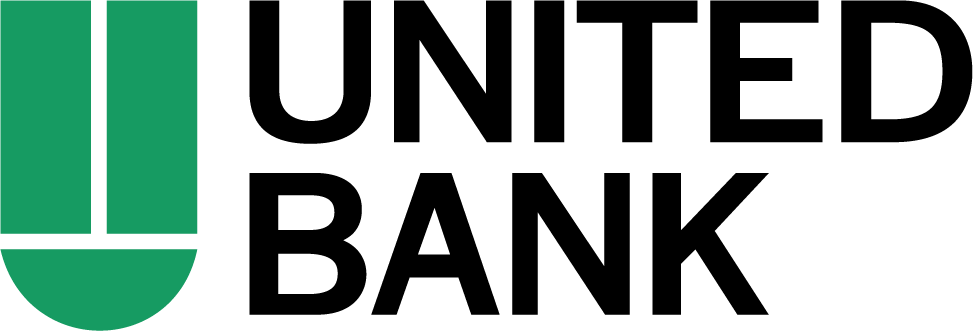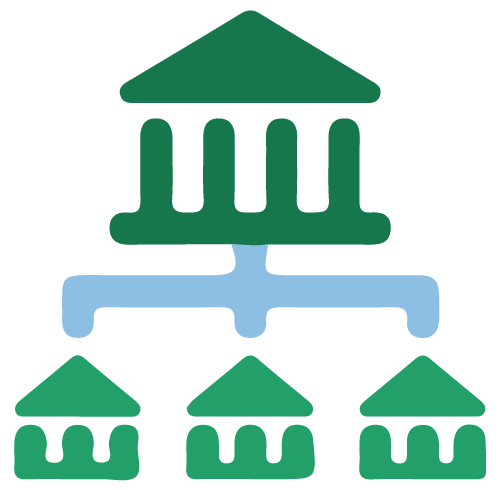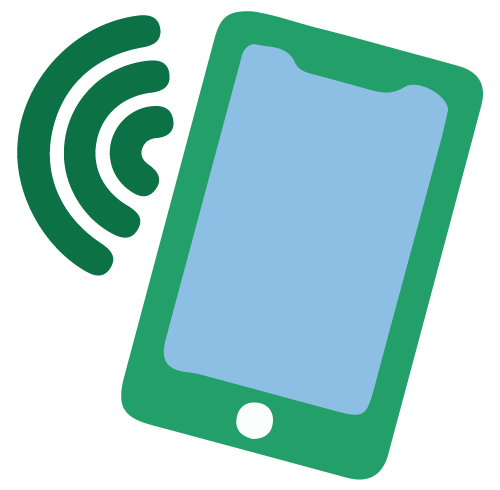Regardless of where you are or what your situation is, you can become financially independent; all you need is a plan. By being proactive, you can achieve financial independence on your terms and make choices based on what you want to do, not on what you have to do. Buy a house, send your kids to college, retire early. Achieving financial independence is in your hands.

A Guide For Women: Financial Independence On Your Terms
6-minute read

What does financial independence mean?
The first step to achieving financial independence is to define what it means to you. For different people, it means different things. But basically, it’s your ability to pay your bills, manage your debt and save money for your future — without being dependent upon your partner, your parents, the government or anybody else to help.
Why is financial independence for women so important?
No matter who you are, achieving financial independence is important. Having financial resources to make decisions for yourself, plan for the future and overcome any bumps along the way is key to your overall happiness and security. This is especially true for women, because women must overcome a unique set of financial and social challenges.
Women earn less
The Equal Pay Act became law over 50 years ago, but women are still paid about 17% less than men. Based on median earning data from the United States Census Bureau’s Current Population Survey, women who were full-time, year-round employees made 83 cents for every dollar men made in 2020.1
Women live longer
According to the Population Reference Bureau, women outlive men in almost every society. In more developed countries, the average life expectancy at birth is 79 years for women, 72 years for men. So their retirement savings needs to last longer.2
Women are more likely to become disabled
Women, across all ages, have higher rates of disability compared to men.3
Plus, women get stuck with more responsibilities
Women are more likely to take on more responsibility for dependents, childcare, healthcare and taking care of their parents.4
Your First Step Toward Declaring Financial Independence
Everybody's definition of financial independence is a little bit different. Figuring out what is important to you is key. What is it you want to do? What do you need to do to make yourself happy? What are you afraid of losing?
Decide what you want
Your financial objectives are unique to you. Think about your long- and short-term goals. Do you want to retire early? Travel the world? Send your kids to college? Or simply live modestly and enjoy not having to count on anyone but yourself?
Write your goals down on paper
Women are the ultimate multi-taskers, so of course they’re going to have multiple goals. Whether it’s paying off debt, saving for a house, a new car, vacation, whatever — write them down. Keeping them in front of you will make them easier to achieve — and be a friendly reminder of why you’re working so hard.
Don’t forget to have an emergency fund
Planning for the unexpected is one of the most important things you can do to reach financial independence. Without an emergency fund, what would happen if your car needed an expensive repair? Or worse, you lost your income or were injured in an accident? Experts typically recommend that you have an emergency fund with about three to six months’ worth of living expenses in an easily accessible account.
How To Become Financially Independent
Once you know what you want, it’s time to go get it. Start by taking a look at your money. It’s all about cash flow. How much do you have coming in and how much do you have going out?
Start a budget
Use our Budget and Savings Goals Calculators5 to see how much you can put away in savings based on your monthly income and spending. See what the numbers tell you. Are there ways you can put more money toward your goals? Are there monthly expenses you can cut? Be realistic in the choices you make.
Create a budget that:
- Eliminates unnecessary spending
- Meets expenses
- Pays down debt
To make budgeting easier, take advantage of United Bank’s personal financial tool available through Online Banking. You can see all your accounts and your spending in one spot.
If you can’t find enough ways to cut back on spending, think of some ways you can bring more money in. Consider a side gig — it’s a great way to make some extra money, meet some new people and it’s something you can do on your own terms. Or maybe it’s time to ask for that well-deserved 17% raise. Wouldn’t that be nice?
3 Budgeting tips to help you save more
- Automate your savings through direct deposit or automatic transfers from checking to savings accounts.
- Turn your paid-off debt into savings — when your debt is gone, make the same payment to your savings account.
- Put any unexpected money such as gifts or bonuses directly into savings.
Prioritize debt payments in your budget
Trying to pay off your debt can seem impossible at times, but there are strategies that can help. Two popular methods that can help you prioritize your debt are the “snowball method” and the “avalanche method.” Cold and calculated, each will have you paying off your debt in a nice orderly fashion.
If you prefer to see progress quickly, try the "snowball method." You pay off the smallest of all your loans first. Paying off small debts quickly can feel rewarding. Once that debt is paid, you take the money you were putting toward that payment and roll it onto the next-smallest. The amount “snowballs” and the debt that is reduced gets bigger and bigger.
Some experts recommend the "avalanche method." You pay the loan with the highest interest rate first. You’ll pay less interest over time, saving you money in the long run. It may take time to pay off the debt with the highest interest rate. But once you do, your debt can start dropping fast.
Consider consolidating your debt
Another way to take care of your debt and reduce the amount of interest you’re paying is debt consolidation. Instead of having multiple payments for different credit cards and loans, you pay them off with a new loan at a more affordable interest rate.
Focus on building credit
Building credit is one of the most significant steps a woman can take toward financial independence. Good credit also gives you more options for making the most of your money. The best way to build good credit is to understand why credit is so important, and what steps you can take to maintain good credit is the first place to start.
Here are some suggestions on how to boost your credit score:
- Make payments on time, every time.
- Avoid making charges too close to the credit limit of your revolving accounts.
- Be mindful that formally closing accounts can impact your credit score negatively.
- Avoid frequent credit applications.
You can find out your credit score from multiple sources, including from a credit card or other loan statements, from a non-profit credit counselor, or for a fee from a credit reporting agency. AnnualCreditReport.com is a government-authorized site for free credit reports where you can get started with your credit score research.
Make the most of your money⁶
Once you have a sufficient emergency fund in place, it’s time to start saving in investment accounts. Since women earn less than men, live longer than men and leave the workforce to take care of their families more than men, they need to invest smarter than men.
United Bank offers a wide variety of investment options including IRAs, mutual funds, advisory accounts, stocks and bonds, and 529 college savings accounts, bonds, advisory accounts and high-yield savings plans.
Start thinking about retirement
The most important thing to know about planning for and investing in a comfortable retirement is that it’s your life. Do it your way. Whether you want to work in retirement, travel the world or join the FIRE Movement (it stands for Financial Independence, Retire Early) and retire in your 40s, financial independence is the goal.
Getting some investing advice, having a plan, and building a portfolio on your terms provides you with peace of mind. Check out 10 Tips and Strategies to Make the Most of Your Financial Future to learn more.
If you have a 401(k) at work, start by contributing to that account as much as you can. If you don’t have a 401(k), then consider an IRA. These retirement accounts provide tax advantages, so start with those when investing for your future.
Reach Financial Independence With United Bank
Everybody can use a little guidance with their finances. Especially when you’re just starting out. Talk to us. From help with opening a new account to buying a house to saving for the future, we’re here to help you along your financial journey.



